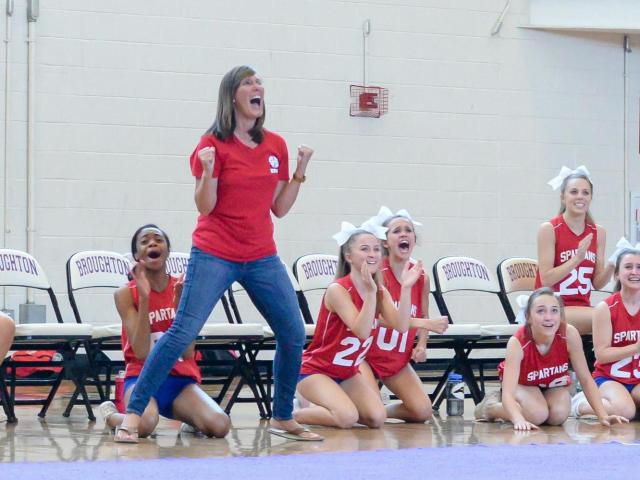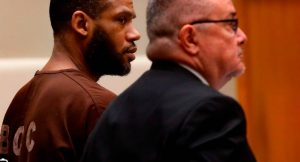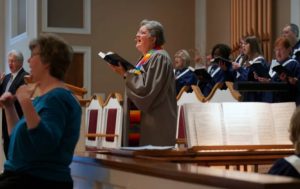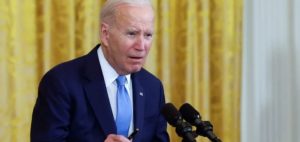Activities marketed as “inclusive” and “kid-friendly” that incorporate provocatively dressed cross-dressers and sexualized performances aren’t limited to left-wing enclaves. Drag queen story hours and other activities aimed at children with sexual agendas have made their way into small-town America.
On Saturday, Ocala, Florida, a community of approximately 60,000 people in a county that voted 62 percent for Trump in 2020, hosted a “Pride Fest” with billed “burlesque” performances by at least a half-dozen drag queens. A Facebook post characterizing the acts as “kid friendly” was allegedly removed after an user questioned how a burlesque show could be acceptable for children, while another post emphasized that “all [Pride] activities are family friendly unless otherwise specified.”
Facebook photos from the annual event in 2019 show children watching a drag performer on stage and dancing with a drag queen. One of the directors of Ocala Pride Inc., the group putting on the event, wrote in her bio that “I’m 23. I am a K5 teacher. I Love to work with children.” A few of the featured drag performers’ Instagram pages feature photos and videos of themselves performing lap dances on patrons, groping another person’s sexual organs and being groped in return, collecting money from children while performing, and posing with exposed breasts to advertise condoms.
“That’s no place a child should go, no parent should take their child to that,” Ocala Mayor Kent Guinn told The Federalist, discussing Saturday’s event. “Obviously I don’t support those events being with children around them.”
But even conservative city leadership has limited authority to deny event permits on city property based on the tawdry nature of the event. Ocala Councilman Jay Musleh explained to The Federalist that “whether the activities are suitable for children is not a consideration unless a city ordinance or regulation might be violated,” since the application for holding an event on city property “does not ask for opinions about the nature of activities and performances.” As Guinn noted, “people have a right to free speech and also have a right to assemble.”
The First Amendment protects “Pride” gatherings and rallies, just as it does assemblies of pro-traditional-marriage Christians. But there’s a fine line between free speech and subjecting children to lewd and indecent performances and behavior. So how can small-town leaders decisively put drag show organizers on notice that, while the former is welcomed, they have no tolerance for the latter?






